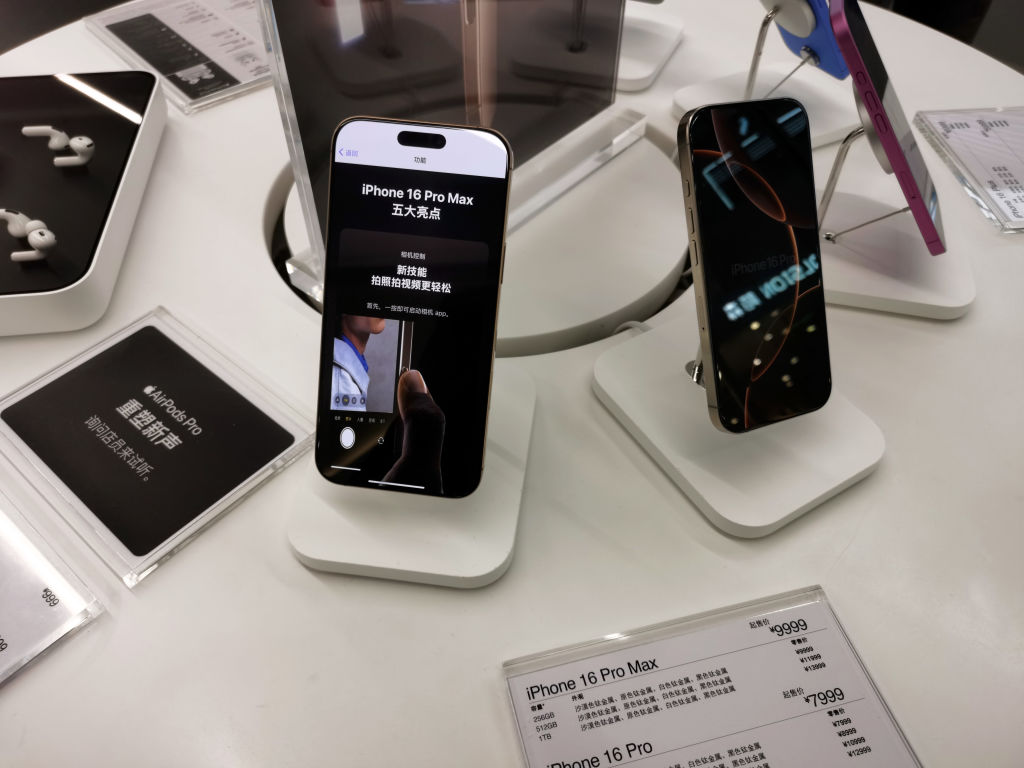Indonesia’s Tech Protectionism: A Double-Edged Sword
Indonesia has recently imposed stricter regulations on smartphone manufacturers, requiring a minimum of 40% local component usage. This move has led to the banning of Google Pixel smartphones and, previously, the iPhone 16. While the government aims to boost domestic manufacturing and reduce reliance on foreign technology, the implications for consumers and the broader tech industry are far-reaching.

The Impact on Consumers and Industry
- Limited Consumer Choice: The ban limits consumer choices, especially for those who prefer specific brands like Google and Apple.
- Potential Price Increases: Increased local component usage may lead to higher manufacturing costs, resulting in increased prices for consumers.
- Innovation Concerns: Restrictive regulations could stifle innovation and hinder the introduction of cutting-edge technologies.
- Investor Sentiment: Such protectionist measures may deter foreign investment, as companies may be hesitant to invest in a market with unpredictable regulatory environments.
A Balancing Act: Protectionism vs. Open Markets
While Indonesia’s intent is to foster domestic industry growth, it’s crucial to balance protectionist measures with the principles of a free and competitive market. Excessive regulation can stifle innovation, limit consumer choices, and harm the overall economic health of a nation.
The Global Tech Landscape
The global tech industry is highly interconnected, and protectionist policies can have ripple effects. By imposing restrictions on foreign companies, countries may risk retaliation from other nations. Additionally, such measures can lead to a decline in technological advancement and hinder the development of cutting-edge products and services.
A Call for a Balanced Approach
To strike a balance between protecting domestic industries and fostering innovation, governments should consider a more nuanced approach. This could involve incentivizing local manufacturing, promoting research and development, and fostering partnerships between domestic and foreign companies.
By adopting a balanced approach, Indonesia can encourage domestic innovation, attract foreign investment, and provide consumers with a wider range of high-quality products.
FAQs:
Why has Indonesia banned the sale of Google Pixel smartphones?
Indonesia has imposed a local content requirement of 40% for smartphones sold in the country. As Google Pixel smartphones do not meet this criteria, they have been banned.
How does the ban impact consumers?
The ban limits consumer choices and may lead to higher prices for smartphones.
What are the potential economic implications of such bans?
Excessive protectionist measures can deter foreign investment, hinder innovation, and negatively impact the overall economic health of a nation.
What is the future of smartphone regulations in Indonesia?
It remains to be seen how Indonesia will balance its desire to protect domestic industries with the need to maintain an open and competitive market.




